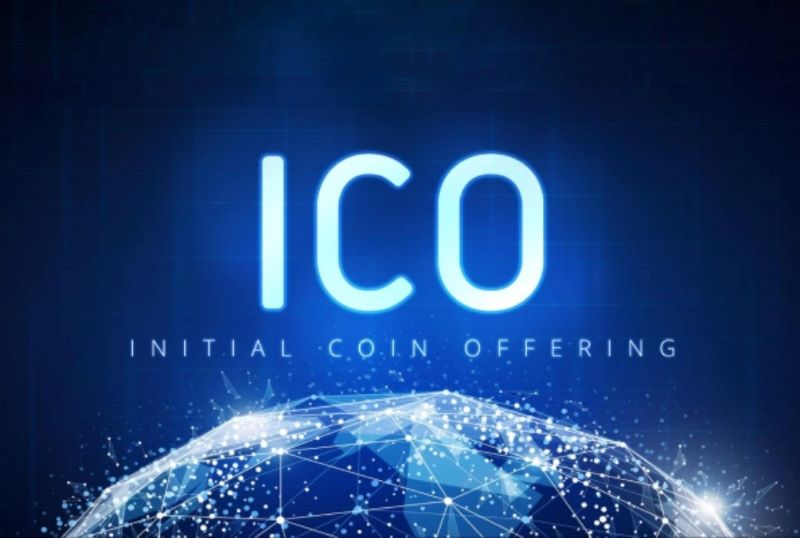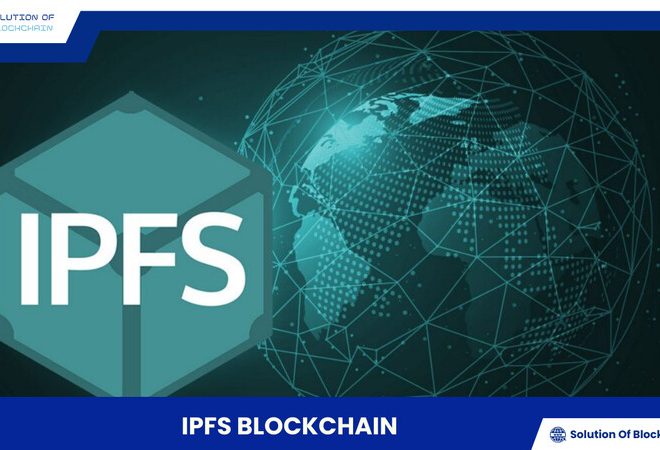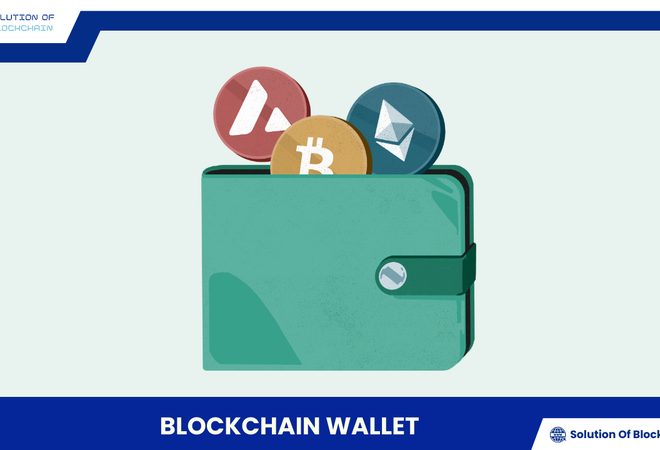
What is an Initial Coin Offering? A comprehensive guide for investors
The cryptocurrency market is becoming increasingly vibrant with the emergence of numerous new blockchain projects. To raise capital for development, many projects have opted for Initial Coin Offerings (ICOs), an innovative and promising fundraising method. However, ICOs also come with significant risks. This article will provide you with a comprehensive overview of ICOs, including what is an Initial Coin Offering, how they work, their advantages and disadvantages, and crucial tips for successful investing
What is an Initial Coin Offering?
What is an Initial Coin Offering, or ICO, in essence? An Initial Coin Offering (ICO) is a popular fundraising method in the cryptocurrency space. Through an ICO, blockchain projects can raise capital from the community by issuing and selling their own tokens (cryptocurrencies).

- Token: A digital unit of value issued on a blockchain, representing a specific asset or utility within the project.
- Blockchain: A distributed ledger technology that allows for secure, transparent, and immutable recording of transactions.
- Smart Contract: A self-executing contract on the blockchain that ensures transparency and automates processes within an ICO.
To understand what is an Initial Coin Offering fully, it’s useful to compare it to something familiar. ICOs are often compared to IPOs (Initial Public Offerings), which are the first issuance of shares to the public by traditional companies. However, ICOs differ from IPOs in several key aspects:
- Target Audience: ICOs target a global community of investors, while IPOs typically focus on institutional investors and qualified individuals.
- Regulatory Framework: ICOs currently have less regulatory oversight compared to IPOs, leading to higher potential risks.
- Liquidity: Tokens purchased in an ICO can be traded on cryptocurrency exchanges, whereas IPO shares are usually traded only on stock markets.
How ICOs Work
Now that we’ve addressed what is an Initial Coin Offering conceptually, let’s explore how they function. An ICO typically goes through the following steps:
- Ideation and project development: The development team defines the idea, creates a whitepaper detailing the project, technology, goals, and development roadmap.
- Token and smart contract development: Tokens are created on the blockchain, and smart contracts are programmed to manage token issuance, distribution, and transactions.
- Marketing and promotion: Marketing and promotional campaigns are conducted to attract the interest of the investor community.
- Token sale: Investors can purchase tokens using other cryptocurrencies or fiat currency.
- Listing on exchanges: After the ICO concludes, tokens may be listed on cryptocurrency exchanges for investors to buy, sell, and trade.
- Project development: The development team uses the raised funds to continue developing the project according to the roadmap.
There are two main types of tokens in an Initial Coin Offering:
- Utility Tokens: Represent access to the project’s product or service. For example, tokens of a gaming platform might be used to purchase in-game items.
- Security Tokens: Represent ownership or equity in the project, similar to company shares. Security tokens often need to comply with securities regulations.
Advantages and disadvantages of Initial Coin Offering
Beyond understanding what is an Initial Coin Offering, it’s crucial to weigh its pros and cons.

Advantages
- Easy access to capital: ICOs allow blockchain projects to access funding from a global community more quickly and easily than traditional fundraising methods.
- High-Profit Potential: If the project succeeds, the value of the tokens can increase significantly, yielding high returns for investors.
- Transparency: All transactions on the blockchain are recorded publicly and transparently, allowing investors to easily track and monitor the project.
Disadvantages
- High risk: The cryptocurrency market is highly volatile, and token values can plummet or even become worthless if the project fails.
- Lack of regulatory framework: ICOs currently have limited regulatory oversight, creating opportunities for fraudulent projects.
- Susceptibility to scams: Many ICO projects lack a real product or have incompetent development teams, leading to investor losses.
Key considerations for investing in ICOs
For those intrigued by the concept of what is an Initial Coin Offering and considering investing, here are key points to remember:
To invest in ICOs safely and effectively, investors should consider the following:
- Thorough project research: Read the whitepaper carefully, learn about the development team, roadmap, partners, and community of the project.
- Project feasibility assessment: Scrutinize the business model, technology, target market, and competitive landscape of the project.
- Risk management: Do not invest beyond your financial capacity, diversify your investment portfolio to mitigate risks.
- Vigilance against scam ICOs: Conduct thorough research on the project, development team, and warning signs of a fraudulent ICO.
The future of Initial Coin Offering
Initial Coin Offering have become an integral part of the cryptocurrency market, offering attractive investment opportunities. However, they also face numerous challenges, particularly regarding regulatory compliance.

- Development trends: ICOs are maturing with the emergence of high-quality projects and clearer regulatory frameworks.
- Regulatory landscape: Many countries have enacted or are in the process of enacting ICO regulations to protect investors and prevent fraudulent activities. In Vietnam, ICOs are not currently recognized as a legal fundraising method.
- Potential and challenges: ICOs hold immense potential in driving the development of blockchain projects and new technology applications. However, they need to overcome challenges related to regulatory compliance, market competition, and investor confidence.
So, what is an Initial Coin Offering? It is a fundraising method filled with potential in the cryptocurrency space, offering attractive investment opportunities. However, ICOs also come with significant risks. Before investing in any ICO, investors should conduct thorough research, assess project feasibility, and manage risks prudently.
We hope this article from Solution Of Blockchain has provided you with valuable information about ICOs and helped you understand the concept of what is an Initial Coin Offering clearly.



